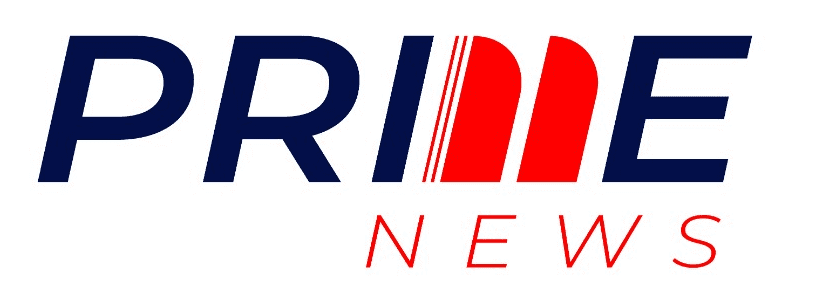The Public transport sector in Uganda is currently experiencing a hike in transport fares due to high fuel prices. We talked to Moses Mugerwa, the Bolt’s Head of Operations about the advantages of using ride hailing apps to access transport means. Here are exceptions
1.Tell us about Bolt
Bolt is one of the fastest-growing startups in the world with over 100M happy customers in 45+ countries, in Europe and Africa. We are on a mission to have cities move in more affordable and sustainable ways.
2. How does the app work and which kind of drivers and customers do you attract?
Our app is an on-demand platform. Clients who need to move from pick up point to destination, request for a ride which is accepted and completed by the driver closest to them. Our services cater for all our clients’ needs.
As for the drivers, who are our biggest partners, our platform is open to all drivers that meet the set criteria which includes; having a valid driver’s licence, a national ID, a duly inspected car at our verified inspection centres, and holding a certificate of good conduct. When drivers present these, we equip them by taking them through training, to ensure quality of service.
3. How is the cost of each ride determined?
We have a pricing team that comprises both local and international experts that continuously review our prices to ensure that our partners get to enjoy the most favourable earnings while using our platform. We also ensure our prices offer the best options for our customers, thus motivating them to choose Bolt as preferred platform.
That said, a number of factors are considered when setting prices. These include but are not limited to; GDP rates across the continent, cost of living, cost of purchasing/leasing a car, cost of fuel, car maintenance costs among others.
For example, on the cost of fuel, a huge percentage of cars have 1,000 cc – 2,000 cc and this ideally means that these cars consume approximately 25 litres per 100KM, bearing in mind the infrastructure of Ugandan roads. Such factors are put into consideration when setting our prices.
4. A few drivers I have been able to talk to say apps charge customers very low prices hence the drivers carry all the heavy burden? Is this a challenge you have experienced with your customers? What explains price frustration and drivers abandoning apps? We also have some who say you give customers discounts at their expense.
Rider discounts do not lower driver earnings. Drivers always get the full value of the ride because Bolt covers the cost of the discounts. Drivers who get riders with discounts, still receive the full ride’s fare. Discounts actually bring in more riders onto the platform, hence more people use Bolt for their urban travels, which translates to higher earnings for Bolt drivers.
The concept of ride-hailing is making accumulated profit. Unlike with street-hailing where a driver may make relatively very highly abnormal profits after negotiating highly with clients, with ride-hailing the concept is to accumulate even bigger profit through more clients. This we can only do by charging prices that entice people to consider moving with the app.
That said, there are additional tricks that we always advise our drivers to employ. For example, have the right car, preferably not over 2,000 cc. Another good example is for them to maintain good quality of rides as drivers with better quality get more trips than their counterparts which in return fosters them to have better earnings.
5. Where is the comparative advantage to those using apps and those who don’t?
Eliminating “idle time” – The Bolt app will guarantee clients to a driver by the hour, hence eliminating idle time and increasing earnings in the long run.
Secondly and similarly, the ride-hailing apps will allow one to eliminate dead mileage. For example, in a traditional scenario, if one drives a client to Natete, there is no guarantee that they will get a client while driving back. This is not the case for drivers using the Bolt app, as there are always clients going in most directions.
Additionally, there is relatively fair compensation. One of the things we barely value is our time worth. Imagine you take a client who makes you wait long enough. The app in this case would help you easily have your time fare computed. Furthermore, with the app you get to work smart. The app gives you the ability to track your earnings by day or over time. It will also allow you to have a desired financial report. We have seen our drivers use some of these to get financial facilities from banks.
Last but not least, the safety that comes with using the app. With the data on trips recorded, we are able to track the trip for both drivers and clients, therefore, ensuring their safety while using the Bolt app.

